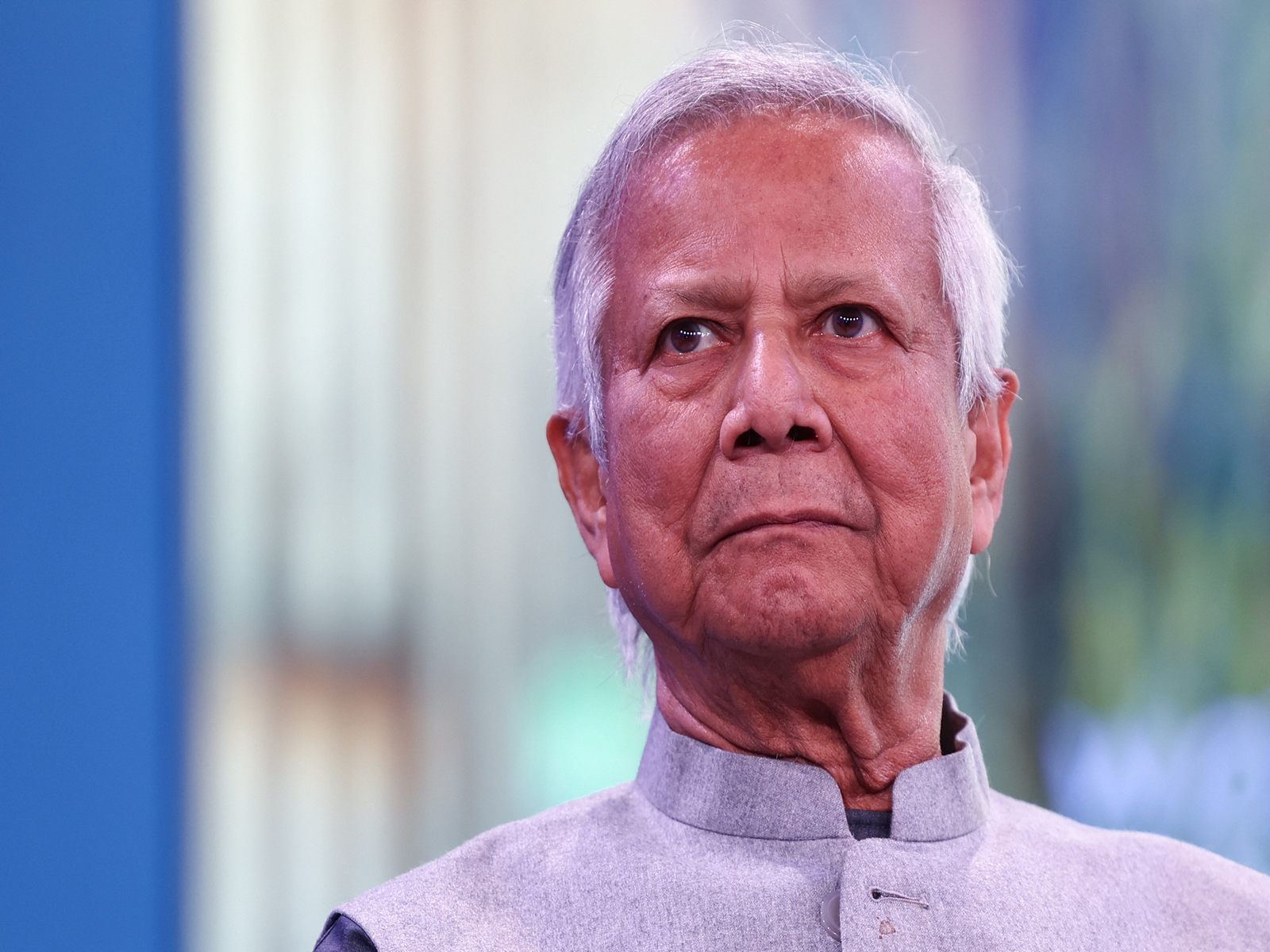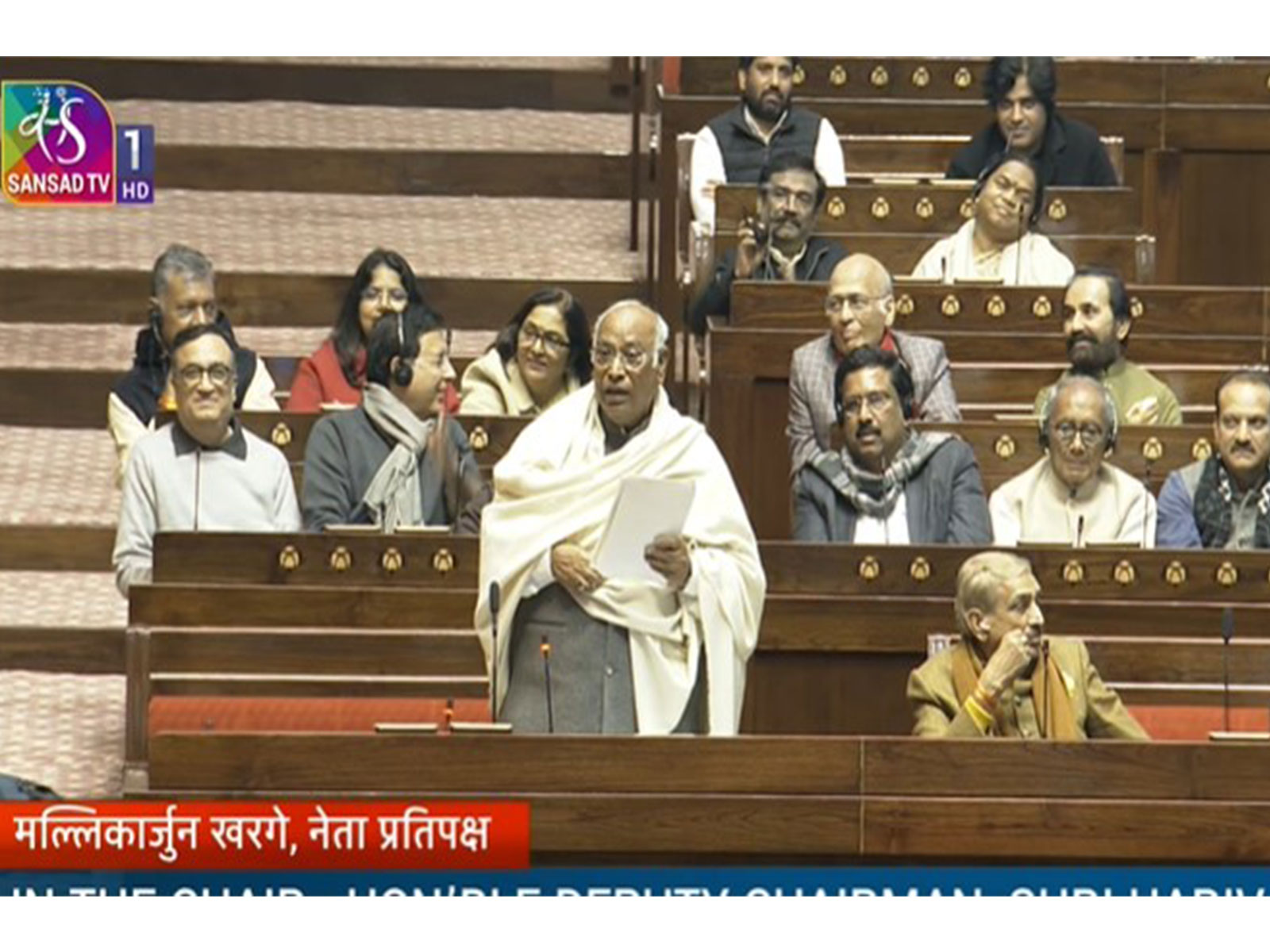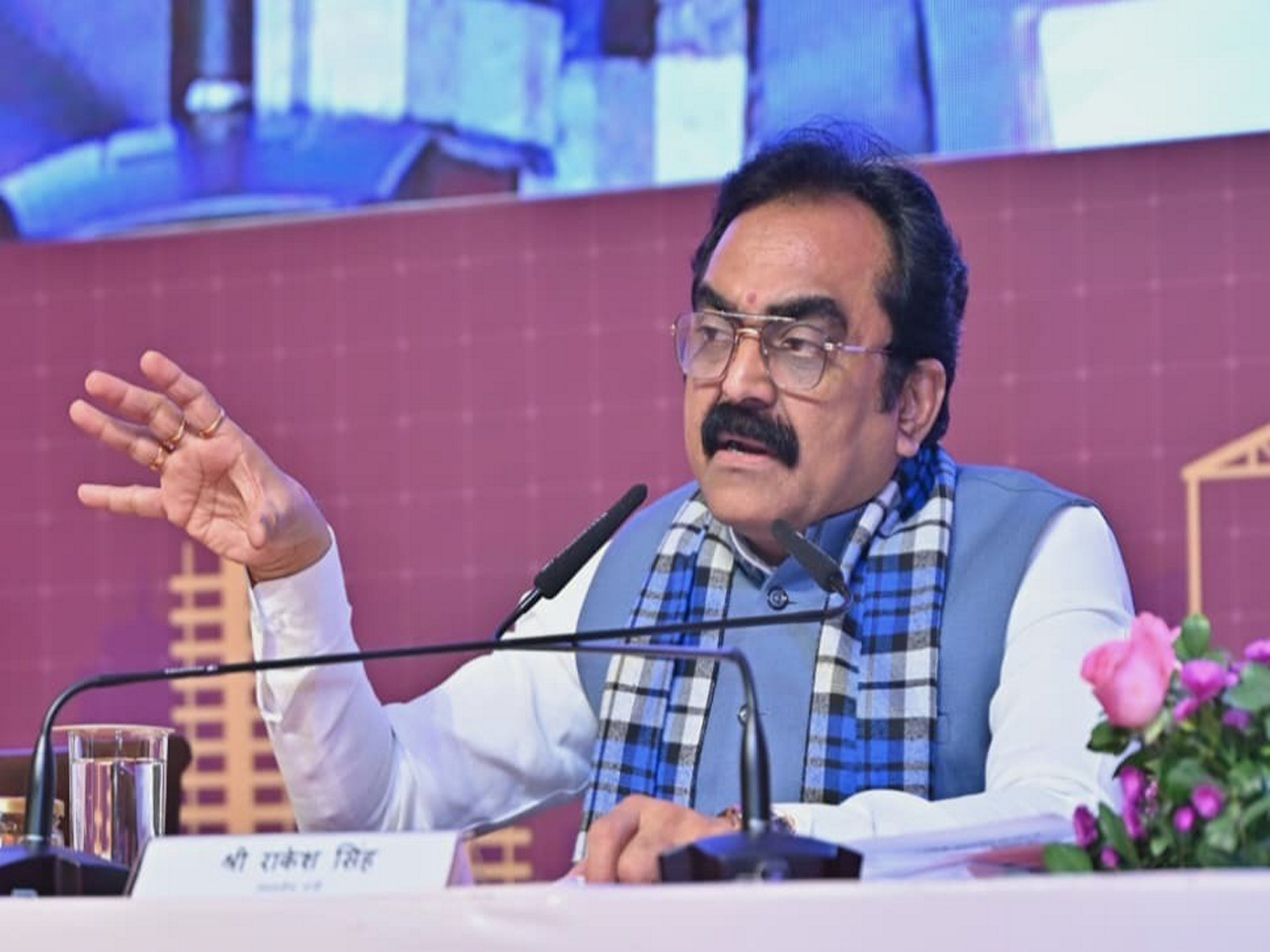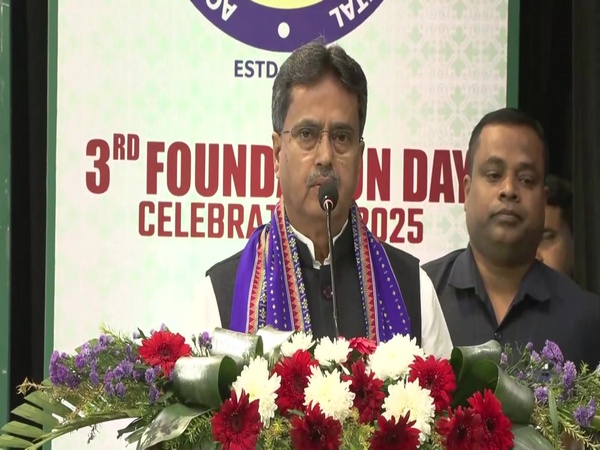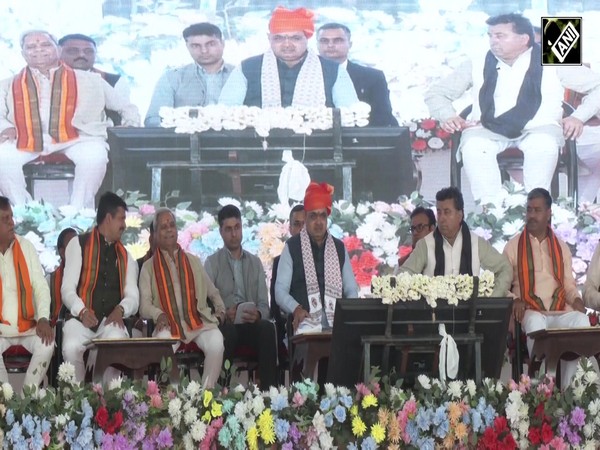Pakistan is facing malnutrition crisis, new report reveals
Aug 16, 2024

Islamabad [Pakistan], August 16 : A recent report published by the Pakistan Nation Cluster has highlighted a malnutrition crisis across the country, painting a dire picture of the nutritional status of millions of Pakistanis, particularly children.
The report underscores that Pakistan is grappling with the highest rates of malnutrition ever recorded in its history. Several factors contribute to this escalating crisis, including economic hardship, food insecurity, healthcare access, climate and environmental challenges.
According to the Pakistan Nation Cluster, "Malnutrition in Pakistan is a complex, multisectoral problem that presents across a continuum of poor nutrition, from under-nutrition due to deficiencies in energy, protein, and micronutrients to problems of overweight, obesity. Over the last decade, Pakistan's progress in child malnutrition has not been encouraging."
The report states the situation is quite dire in Pakistan, with stunting and wasting heavily prevalent in the country. "Stunting does not only mean that a child is not having enough to eat. Inadequate nutrition among mothers during pregnancy is one of the main reasons of malnutrition among children leading to stunting. Wasting is extremely high in Pakistan, with several areas in the country considered to be at an emergency level of wasting. Humanitarian crises gravely limit the realisation of the sustained improvement in the nutritional status of communities and present us with the most extreme forms of multidimensional vulnerability," the report says.
Preventing and addressing nutritional needs requires effective and efficient nutrition programming and coordination, as integral components of a coherent and consistent multi-sectoral response, before, during and after a crisis. Despite improvements in other socioeconomic indicators, acute malnutrition remains in a state of nutrition emergency. This is the highest rate of wasting in Pakistan's history, the report said.
The report calls for increased support from both national and international stakeholders. It urges the government to prioritize malnutrition in its policy agenda and mobilise resources to support vulnerable populations. Additionally, it appeals to international organisations and donor agencies to contribute to emergency relief efforts and long-term development programs aimed at alleviating malnutrition.
